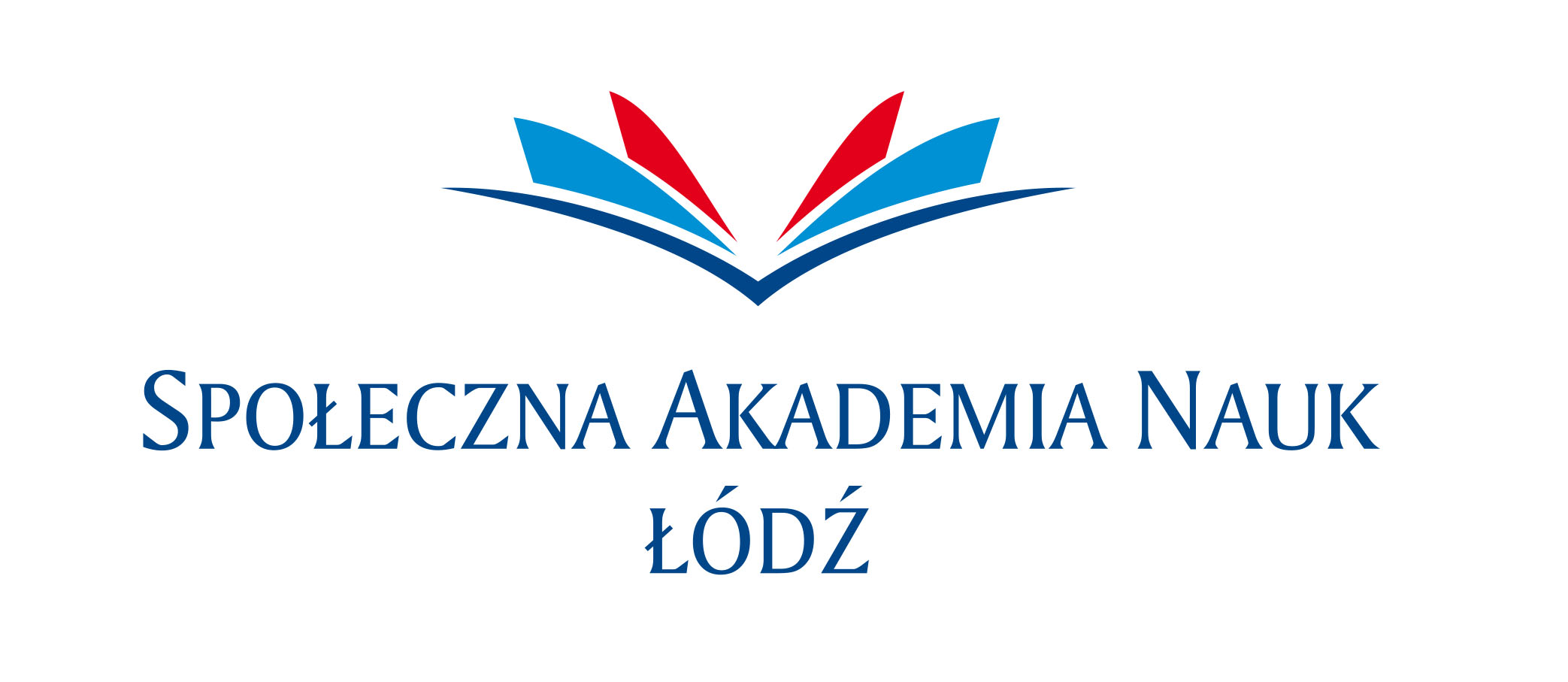The Council of Valladolid (Spain)
 The Council of Valladolid is the institutional body of the province and responsible for different administrative and executive tasks. It includes all the municipalities of Valladolid and has a range of competencies to achieve the overall aim of ensuring throughout the province the provision of municipal services and the balance between the municipalities. It coordinates these services, assists municipalities economic, legal and technically, and cooperates in promoting economic and social development of the province.
The Council of Valladolid is the institutional body of the province and responsible for different administrative and executive tasks. It includes all the municipalities of Valladolid and has a range of competencies to achieve the overall aim of ensuring throughout the province the provision of municipal services and the balance between the municipalities. It coordinates these services, assists municipalities economic, legal and technically, and cooperates in promoting economic and social development of the province.
The University of Valladolid (Spain)
 A public University founded in 1241, thus becoming the second oldest university of Spain. The University offers Bachelor's degrees, Master's degrees, PhD and specific own degrees. It possesses seven campuses all over the Castille and Leon in the following provinces: Valladolid, Palencia, Soria and Segovia. It has more than one hundred renowned research groups in the areas of: Humanities, Social and Legal Sciences, Experimental Sciences, Engineering and Technology, and Biomedical and Health Sciences. The University of Valladolid is one of the most important centres for higher education in Spain.It offers more than 100 Bachelor's degrees, 68 Master's degrees and 80 PhD programmes. Its extensive network of international relations, its prestigious research centres, the enormous cultural and sporting potential and a rich architectural and documentary heritage form a homologous exceptional academic environment, that of the oldest universities in Europe due to its history, level of excellence and quality of its research part.
A public University founded in 1241, thus becoming the second oldest university of Spain. The University offers Bachelor's degrees, Master's degrees, PhD and specific own degrees. It possesses seven campuses all over the Castille and Leon in the following provinces: Valladolid, Palencia, Soria and Segovia. It has more than one hundred renowned research groups in the areas of: Humanities, Social and Legal Sciences, Experimental Sciences, Engineering and Technology, and Biomedical and Health Sciences. The University of Valladolid is one of the most important centres for higher education in Spain.It offers more than 100 Bachelor's degrees, 68 Master's degrees and 80 PhD programmes. Its extensive network of international relations, its prestigious research centres, the enormous cultural and sporting potential and a rich architectural and documentary heritage form a homologous exceptional academic environment, that of the oldest universities in Europe due to its history, level of excellence and quality of its research part.
FOPSIM, Foundation for the Promotion of Social Inclusion (Malta)
 FOPSIM is a Maltese foundation that aims to achieve concrete progress for marginalized groups or sections within Maltese society in the following areas:
FOPSIM is a Maltese foundation that aims to achieve concrete progress for marginalized groups or sections within Maltese society in the following areas:
- Employment
- Social protection and inclusion
- Working conditions
- Struggle against discrimination
- Diversity and gender equality
- Youths and elderly
In this context FOPSIM's main mission is to promote and sustain employment, social solidarity, youth and other marginalized issues to achieve tangible advancement in the transition towards a fairer society.
The Foundation makes use of a diffuse network of resources in the professional, academic, research and journalism fields.
FOPSIM is actively participating and seeking participation in EU-funded programmes such as structural funding, Leonardo da Vinci etc.It seeks to increasingly promote Malta's participation in EU affairs in the social inclusion and youth areas.
The University of Social Sciences (Poland)
 The SAN is a private university located in the third biggest city of Poland. It was created by the Association of Polish Teachers in January 1995. Nowadays there are about 20,000 students enrolled. The SAN offers Bachelor's, Master's and PhD degrees. It is also very active in the area of scientific research, organization of national and international conferences and publishing of scientific books. The SAN has experience in the organization of courses in general and vocational education aimed at different groups.It works more and more often with groups of disadvantaged population (disabled, aged over 55, women, rural population, immigrants, etc.)
The SAN is a private university located in the third biggest city of Poland. It was created by the Association of Polish Teachers in January 1995. Nowadays there are about 20,000 students enrolled. The SAN offers Bachelor's, Master's and PhD degrees. It is also very active in the area of scientific research, organization of national and international conferences and publishing of scientific books. The SAN has experience in the organization of courses in general and vocational education aimed at different groups.It works more and more often with groups of disadvantaged population (disabled, aged over 55, women, rural population, immigrants, etc.)
The University has a considerable experience in the participation in the EU educational programmes since 2005 as a coordinator and partner.
Local Authorities of the Municipality of Idalium (Cyprus)
 It is a city located in the district of Nicosia, Cyprus, 17 km from the capital, covering an area of 32 km2 that includes two residential areas, agricultural and livestock areas as well as two industrial zones. According to tradition, Idalium was one of the 11 kingdoms of Cyprus, founded by the king Chalkanoras after the Troy war. Since 1991 official archaeological excavations started, and in 2007 the Local Museum of Idalio was founded with the aim of promoting the various findings in the region so that later on the museum could function as vistors centre for the archaelogical site which surrounds it.This archaeological centre is one of the most important in Cyprus. For several years they have carried out various development projects in the city, as well as improving the cultural life of the citizens through various activities and cultural events.
It is a city located in the district of Nicosia, Cyprus, 17 km from the capital, covering an area of 32 km2 that includes two residential areas, agricultural and livestock areas as well as two industrial zones. According to tradition, Idalium was one of the 11 kingdoms of Cyprus, founded by the king Chalkanoras after the Troy war. Since 1991 official archaeological excavations started, and in 2007 the Local Museum of Idalio was founded with the aim of promoting the various findings in the region so that later on the museum could function as vistors centre for the archaelogical site which surrounds it.This archaeological centre is one of the most important in Cyprus. For several years they have carried out various development projects in the city, as well as improving the cultural life of the citizens through various activities and cultural events.
The Chamber of Commerce and Industry Vratsa (Bulgaria)
- To support, promote, represent and protect the economic interests of its members.
- To stimulate exports.
- To enhance Bulgarian companies' entering the European Markets.
- To promote the corporate culture and the competitiveness of local businesses.
- To inform about local authorities (both municipal and regional).
- To encourage and support the launch of new businesses.
- To assist the local Labor Office in order to contribute to the reduction of unemployment in the region.
Regional Authorities of Molise, Campobasso (Italy)
Molise Region is a regional public body and its administrative organisation is divided into several departments, which pursue specific activities and objectives. This system enables an efficient governance providing development of economy, infrastructures and employment, protection of historical and cultural heritage, support for local investments and research.
The staff of the President’s Cabinet, with more than 20 employees, works on European Territorial Cooperation programmes and European funding programmes. The President’s Cabinet is also responsible for international relations. It has an 'ad hoc' structure with a long experience in the management and implementation of international and European projects. The working group has knowledge, skills and competences to design project proposals concerning multiple programmes and to successfully manage funded projects.
The Region is currently involved in several projects financed by EU funds, as project coordinator, as work package coordinator and as project partner. It has strong ability to communicate and disseminate project results at local, national and transnational level. In particular it has a relevant expertise in mobilising regional stakeholders such as policy makers, associations, chambers of commerce, SMEs and innovation clusters in order to involve them in project partnership and in awareness raising campaigns.
For its geographical position, the Region cooperates manly with the Balkans and the Mediterranean regions. Most of the projects have been financed by the European Territorial Cooperation Programmes or directly financed by the European Commission.
The University of Thessaly in Volos (Greece)
It is the University with its own identity and occupies a prominent position within the national education system, known for its quality in teaching, research, human resources, the spirit of cooperation at all levels and dynamic presence in society.




